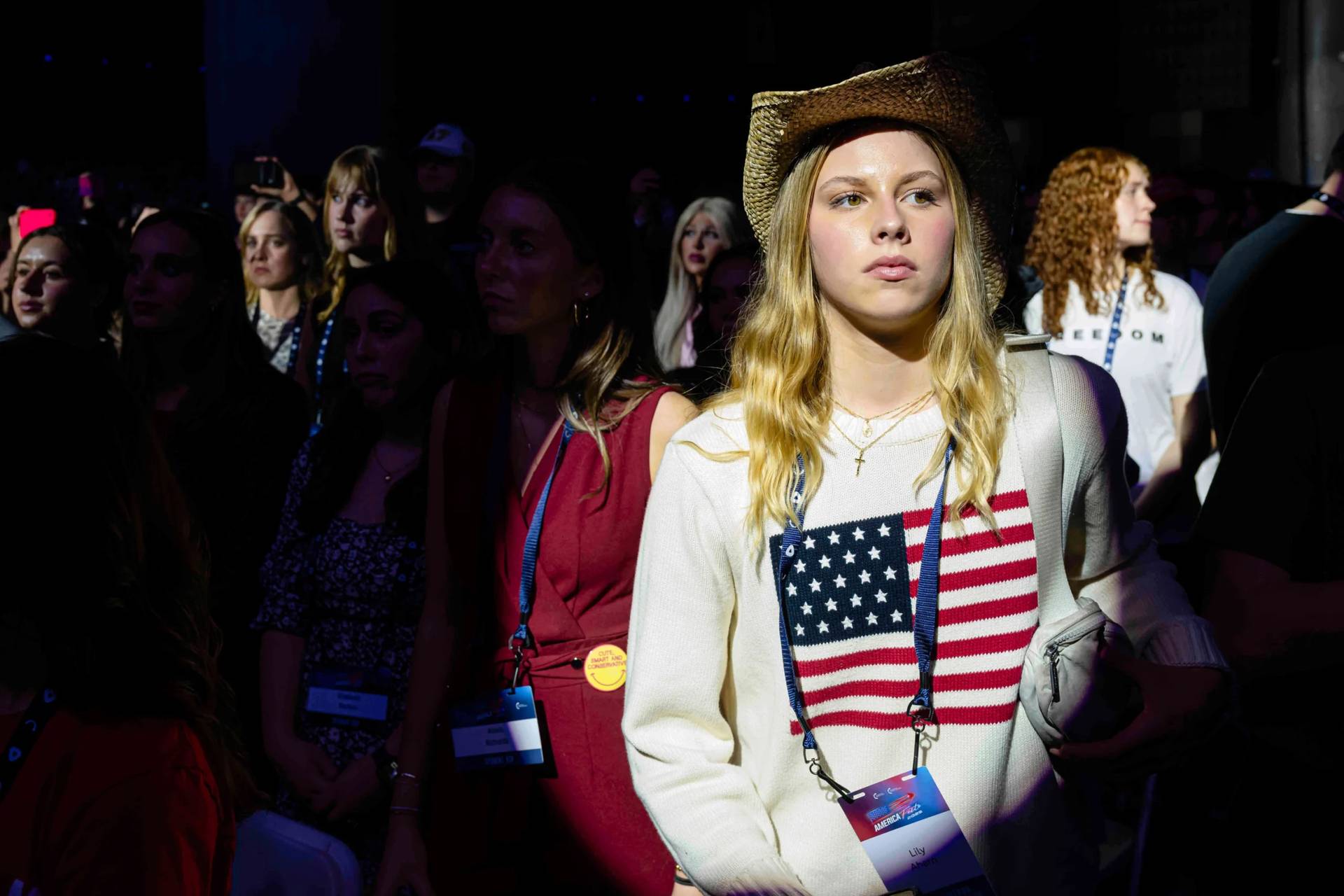[Editor’s note: Crux is publishing an occasional series of brief profiles in the ongoing drama surrounding clerical sexual abuse, ex-Cardinal Theodore McCarrick, and accusations of cover-up against various Church officials including Pope Francis.]
ROME – An otherwise largely unknown figure in the Catholic Church, the late Colombian Archbishop Gabriel Montalvo Higuera has resurfaced in recent weeks as a key player in the current abuse scandals rocking the Francis papacy.
A former Vatican ambassador to the United States, Montalvo not only represented the pope during the nation’s controversial war with Iraq and the aftermath of the abuse scandals that exploded in 2002, but he was the man who, in 2000, urged Father Boniface Ramsey, a New York pastor and whistleblower in the case of ex-Cardinal Theodore McCarrick, to come forward with his concerns about the prelate’s conduct with seminarians.
Diplomatic history
Montalvo, who kept a deliberately low profile, had a lengthy history in Vatican diplomacy, serving in several tumultuous assignments before eventually making his way to the U.S.
Born in Bogota, Colombia in 1930, he was ordained a priest for the diocese in 1953. Just five years later, in 1957, he entered the Holy See’s diplomatic service and for the next decade worked as an official at the Vatican’s Secretariat of State, working specifically at a desk dedicated to Church relations with communist governments in Eastern Europe.
In 1974 he was named as the Vatican’s ambassador to Nicaragua and Honduras. During his time there, Montalvo became known for both discretion and resolve in finding a solution to conflicts. In this same period, he also played an instrumental role in helping to resolve a dispute between Chile and Argentina over three islands in the Beagle Channel in 1982.
Vatican intervention had previously stopped the countries from going to war over oil exploration rights in the channel, and Montalvo was called in to help draft a treaty that was put forward by St. Pope John Paul II in 1984 allowing Chile to control the islands in exchange for maritime concessions to Argentina.
Montalvo was then named as the Vatican’s envoy to Yugoslavia in 1986, shortly before war broke out in the nation. In 1993 he was tapped as ambassador to Belarus and named president of the Pontifical Ecclesial Academy, the Vatican’s diplomatic training school.
He held the position for five years, before St. John Paul II in 1998 named him ambassador to the United States, where he stayed until his retirement in 2005 after reaching 75, the typical retirement age for bishops. He died a year later at the age of 76, after a battle with lung cancer.
The McCarrick affair
Montalvo’s name showed up in news reports again after a successor as the pope’s envoy to the U.S., Italian Archbishop Carlo Maria Viganò, last month published an 11-page statement making accusations against several high-ranking prelates, including Pope Francis, whom he accuses of having been informed about allegations against McCarrick and doing nothing.
In the statement, published on the last of a two-day visit Francis made to Ireland Aug. 25-26, Viganò named Montalvo as the person who in 2000 encouraged Ramsey, the McCarrick whistleblower, to come forward about his concerns regarding McCarrick’s behavior with seminarians while archbishop of Newark.
Now a priest for the Archdiocese of New York, Ramsey at the time was part of the faculty of the Immaculate Conception seminary of Seton Hall university in Newark and had heard rumors from students that McCarrick would invite them to spend the night at a beach house he owned, and would share a bed with them, saying there were not enough places for all to sleep individually.
In an interview with Crux last month, Ramsey said he had heard the rumors for years both inside and outside of the seminary and had confided his concerns to the seminary’s rector. However, nothing happened, he said, explaining that he decided to contact the Vatican embassy in the U.S. when McCarrick was named archbishop of Washington in November 2000.
Ramsey said he was immediately put in touch with Montalvo when he called the embassy, also called a nunciature, and Montalvo urged him to write a letter. After speaking with a friend and fellow priest about it, Ramsey said he had second thoughts, fearing that his letter would be sent to McCarrick and he would face consequences.
However, Ramsey told Crux that when he called Montalvo back to say he had decided not to send the letter, the nuncio responded saying, “What do you think we are, fools? Send the letter.”
Though he never received a response, Montalvo apparently passed the letter on to the Vatican, because six years later, in 2006, Ramsey received a letter from then-Archbishop Leonardo Sandri, who at the time was serving as the sostituto in the Vatican’s Secretariat of State, inquiring about a priest who studied at the Newark seminary and who was being considered for a post at the Vatican. In his letter, Sandri referenced concerns Ramsey had brought forward in 2000.
In his statement, Viganò, who worked inside the Vatican’s Secretariat of State from 1973-2009, said Montalvo brought the charges forward “at the end of 2000, when Cardinal Angelo Sodano was Secretary of State,” implying that Montalvo passed Ramsey’s letter along almost as soon as he got it.
Though he worked inside the Secretariat of State at the time, Viganò said his office was never informed about the letter or any concerns involving McCarrick.
Sodano headed the secretariat until 2006, and “all information was communicated to him,” Viganò said, adding that “in November 2000, Nunzio Montalvo sent him his report, passing on to him the aforementioned letter from Father Boniface Ramsey in which he denounced the serious abuses committed by McCarrick.”
However, despite Montalvo’s action in passing on Ramsey’s letter, Viganò asserts that nothing was done.















